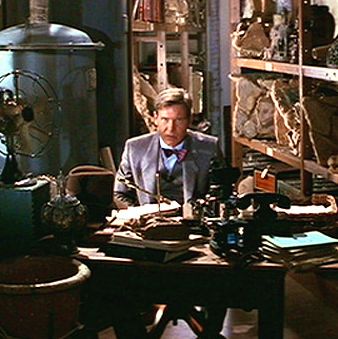
If you’ve even traveled a little bit, you know this is true: People who can’t relate to your trip hiking the Inca Trail, or wine tasting in Tuscany, or Zorbing in New Zealand, don’t really want to hear about it. Sure, they may listen politely for a minute, but apart from asking questions, there isn’t really much they can say in reply.
This is the basic premise at the heart of a new paper in Psychological Science: the idea that although extraordinary life experiences are exhilarating at the time, they may carry a social cost. Because when we normally chat with people, the authors contend, our conversations center on the things we have in common — movies we’ve seen, books we’ve read, people we know, places we’ve been. But uncommon experiences makes us at once “alien and enviable,” the authors write, which can leave us feeling left out. “At worst, people may be envious and resentful of those who have had an extraordinary experience ,and at best, they may find themselves with little to talk about,” write the authors, led by Harvard University social psychologist Gus Cooney.
In one experiment, they recruited 68 participants and divided them into groups of four. Each subject was sent to a cubicle, where he or she watched a short video alone. One person per group watched an amusing clip of a talented street magician performing tricks for a crowd, while the other three watched a low-budget animation. But the key is that researchers told them whether they were getting the best (magician!) or worst (crappy cartoon) video, and they also told participants what their fellow lab rats got to watch.
After watching the short video, the participants rated how happy they felt in that moment. Then the group reassembled and chatted for five minutes about whatever the members wanted. Finally, they went back to their cubicles, where they answered two more questions: how happy they felt, and how included they’d felt in the conversation with their peers.
Before the chat, those who’d watched what they understood to be the superior video reported feeling happier than those who’d been told they’d gotten stuck with the relatively mundane experience. But after chatting with their fellow study participants, the people who’d watched the better video felt worse than those who’d watched the cartoon; those who’d had what they were told was the superior experience also felt more excluded in the conversation than those who’d been told they were in the same, comparatively subpar boat.
You know the real-life scenario the study authors are reaching for here: Conversation flows easier when you find common ground. Envy and feelings of inferiority, on the other hand, don’t exactly lead to an easy back-and-forth.
But people don’t seem to realize that an extraordinary experience can leave them feeling isolated, this paper contends. Two follow-up experiments asked a different set of participants to imagine the first scenario and guess how the lucky one watching the better video would feel, before and after chatting with his unlucky peers. Most of the people presumed that the person who got the better experience out of the deal would feel happier, and that the conversation wouldn’t change that.
Contrast this finding with another recent tidbit of research, also from Harvard researchers and also recently published in Psychological Science, which explores the unexpected delight that comes from reminiscing about perfectly ordinary experiences. Revisiting the everyday things that didn’t seem very special at the time — the Spotify playlist you built for the marathon you ran last year, the inside joke you shared with a co-worker — make us happier than we predict.
So jump out of planes and travel the world and hobnob with celebrities if you like. Just don’t do these things expecting that they will result in great conversations with your friends when you get home. As Cooney phrased the study’s takeaway message in the press release, “If an experience turns you into someone who has nothing in common with others, then no matter how good it was, it won’t make you happy in the long run.”




